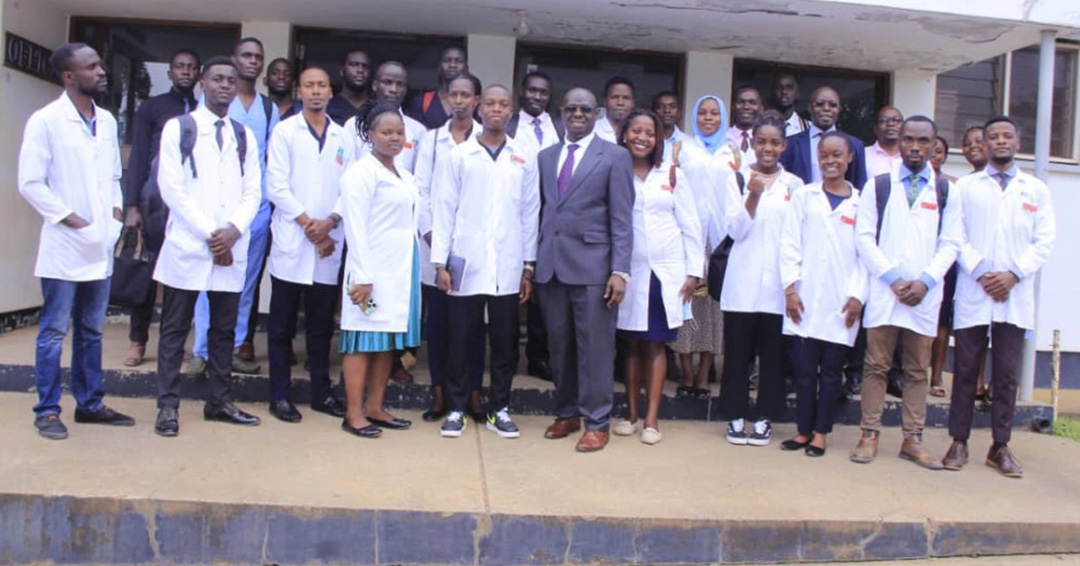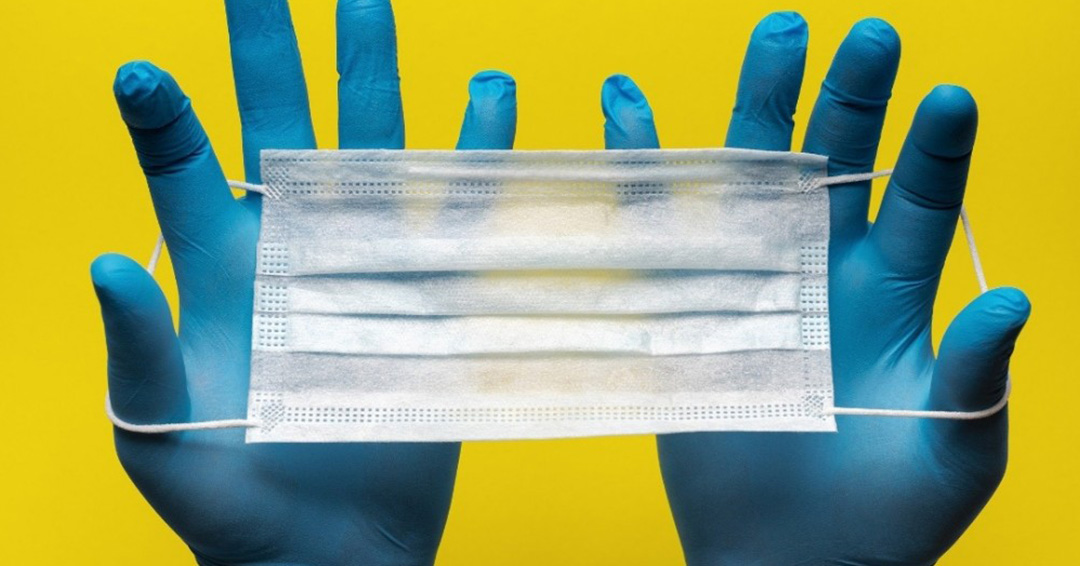
Sep
KIU Teaching Hospital Strengthens Partnership With Kitagata General Hospital
September 5, 2024, 9:40 am
 Administrator
Administrator

According to Dr.
Shamim Namigadde, a KIU alumnus, now working for the Uganda Virus Research
Institute (UVRI ), there are only two reasons to wear face masks.
First, face
masks are essential for health workers due to the front line nature of
their work.
"Masks should be
left for health workers. After all, they are in short supply. If the general
population is taking them, they would be taking what the health workers would
use when interacting with people who are suspected to be with the virus,"
she said.
Second, one should
wear a face mask if they are infected so as to prevent droplets from getting on
to others.
It's important to
note that the World Health Organisation does not recommend the use of face masks
as a preventive measure. However, they recommend that if you are going to wear
one, wear it properly. Here are their guidelines.
The KIU community is
encouraged to adhere to guidelines, measures, and recommendations that have been
put in place by the government and the health experts in order to stay safe.
Kampala International University,
Box 20000, Ggaba Road, Kansanga, Kampala
+256-760 502660
+256-700 100808